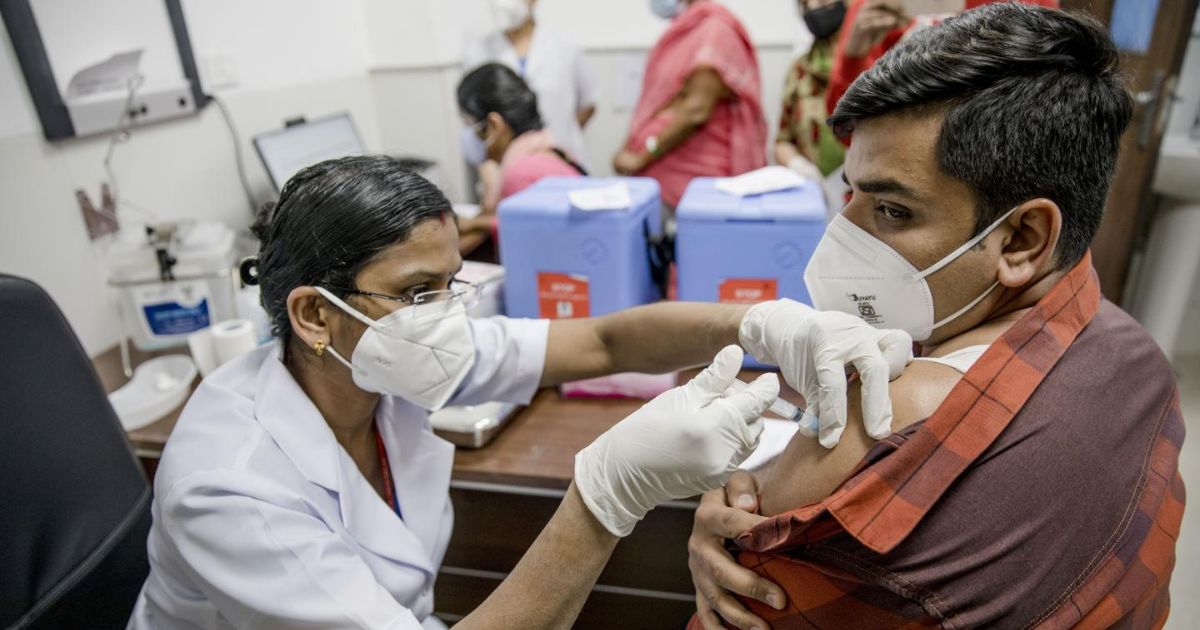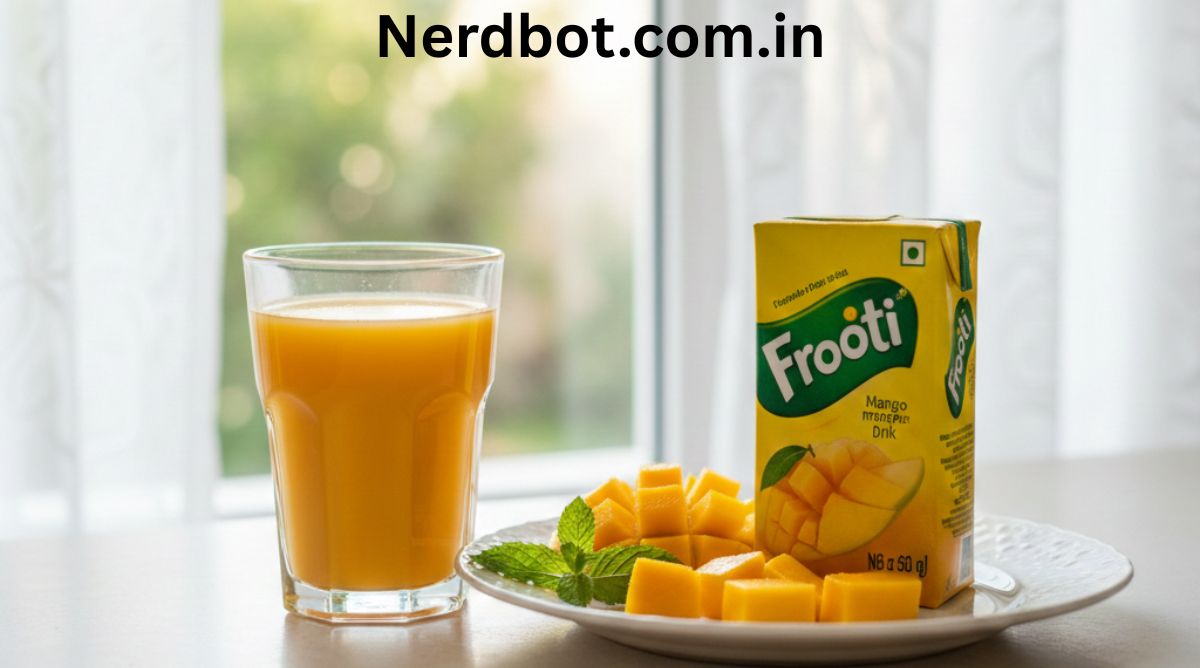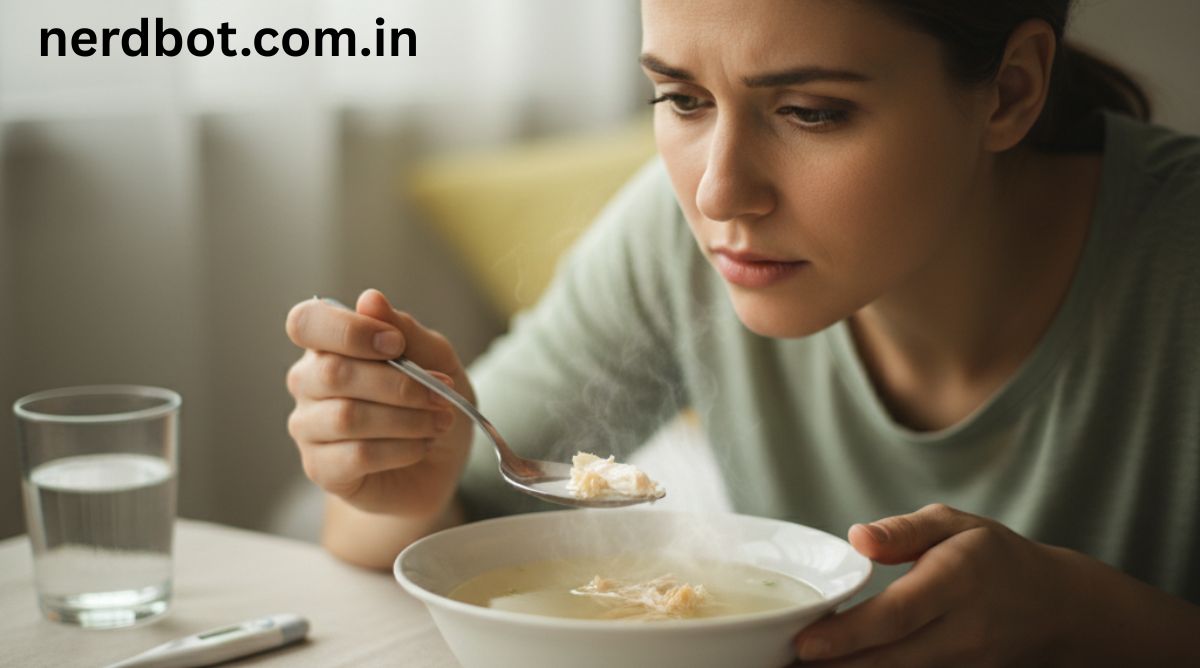The COVID-19 vaccination has been a pivotal step in combating the global pandemic. As individuals receive their doses, questions arise regarding post-vaccination practices, including dietary choices. One common query is whether consuming non-vegetarian food after receiving the COVID-19 vaccine is advisable. This article delves into expert opinions, scientific findings, and cultural perspectives to provide a comprehensive understanding of this topic.
Understanding the COVID-19 Vaccine and Its Effects
COVID-19 vaccines are designed to stimulate the immune system to recognize and combat the SARS-CoV-2 virus. Common side effects post-vaccination include mild fever, fatigue, and soreness at the injection site. These reactions are generally short-lived and indicate the body’s immune response to the vaccine.
Expert Opinions on Post-Vaccination Diet
Medical professionals emphasize the importance of maintaining a balanced diet to support the immune system, especially after vaccination. According to health experts, there are no specific dietary restrictions post-vaccination, and individuals can continue with their regular eating habits unless advised otherwise due to specific health conditions.
Dr. Pooja Majumdar, a general physician, states, “It is absolutely normal to have non-veg after vaccination if not contraindicated otherwise.”
Similarly, Apollo 24/7, a reputable healthcare platform, confirms that “it is safe to eat non-vegetarian food both before and after taking the vaccine.”
Nutritional Benefits of Non-Vegetarian Food
Non-vegetarian foods, including meat, poultry, and fish, are rich sources of essential nutrients such as protein, iron, zinc, and vitamin B12. These nutrients play a crucial role in supporting the immune system and overall health.
- Protein: Essential for tissue repair and the production of antibodies.
- Iron: Vital for oxygen transport in the blood and immune function.
- Zinc: Supports immune cell function and wound healing.
- Vitamin B12: Important for nerve function and the production of DNA and red blood cells.
Including non-vegetarian foods in the diet can thus contribute to a robust immune response post-vaccination.
Cultural Beliefs and Dietary Practices
In certain cultures, there are beliefs and traditions that suggest avoiding non-vegetarian food during specific periods, including after medical treatments or vaccinations. These practices are often rooted in historical or religious contexts rather than scientific evidence.
While respecting cultural practices is important, it’s equally crucial to differentiate between traditional beliefs and medically advised guidelines. Healthcare professionals recommend following evidence-based practices for optimal health outcomes.
Recommendations for Post-Vaccination Nutrition
To support recovery and enhance the immune response after receiving the COVID-19 vaccine, consider the following dietary recommendations:
- Stay Hydrated: Drink plenty of fluids to help manage potential side effects like fever and fatigue.
- Balanced Diet: Include a variety of foods from all food groups to ensure adequate nutrient intake.
- Lean Proteins: Incorporate sources like chicken, fish, or legumes to aid in tissue repair and immune function.
- Fruits and Vegetables: Rich in vitamins, minerals, and antioxidants, they help reduce inflammation and support immunity.
- Whole Grains: Provide sustained energy and essential nutrients.
- Limit Processed Foods: Reduce intake of foods high in sugar, salt, and unhealthy fats.
- Avoid Alcohol and Smoking: These can impair immune function and should be minimized or avoided post-vaccination.
Addressing Common Myths
Myth: Eating non-vegetarian food after vaccination can cause adverse effects.
Fact: There is no scientific evidence to support this claim. Consuming non-vegetarian food post-vaccination is safe and does not interfere with the vaccine’s efficacy.
Myth: One should follow a vegetarian diet after vaccination to ensure better immunity.
Fact: Both vegetarian and non-vegetarian diets can provide the necessary nutrients to support the immune system. The key is to maintain a balanced and nutritious diet.
Conclusion
Consuming non-vegetarian food after receiving the COVID-19 vaccine is safe and does not negatively impact the vaccine’s effectiveness. Maintaining a balanced diet, staying hydrated, and following healthy lifestyle practices are essential for supporting the immune system during the post-vaccination period. While cultural beliefs may influence dietary choices, it’s important to base health decisions on scientific evidence and professional medical advice.
—










